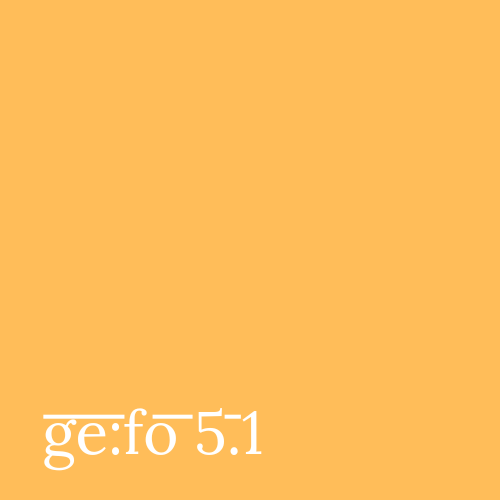The Body of Work - Dorothy Porter's 'Akhenaten'
DOI:
https://doi.org/10.18716/ojs/gefo/2006.2933Keywords:
Akhenaten, Dorothy Porter, Egyptian artAbstract
This article stages an 'imagendering' of Akhenaten, a contemporary collection of poems by Australian poet Dorothy Porter. Surviving sculptures of the Egyptian pharaoh Akhenaten depict a hermaphroditic subject who is, for Porter, a muse of transgression. Her fascination is with his challenge to long-held creative conventions of Egyptian art, depicting himself with a combination of breasts, swollen belly, rounded thighs and a penis. This collection of poems is thus a site of gendered reinscription made possible by the death of Akhenaten's physical body. His bodily absence allows for Porter's textual presence. Operating in this speculative historical space, a space in which the body of work physiologically cross-dresses and engages in sexual play across the boundaries of masculine/feminine, history/poetry, symbolic/semiotic, this poetry demonstrates that language itself can never evade embodiment.



